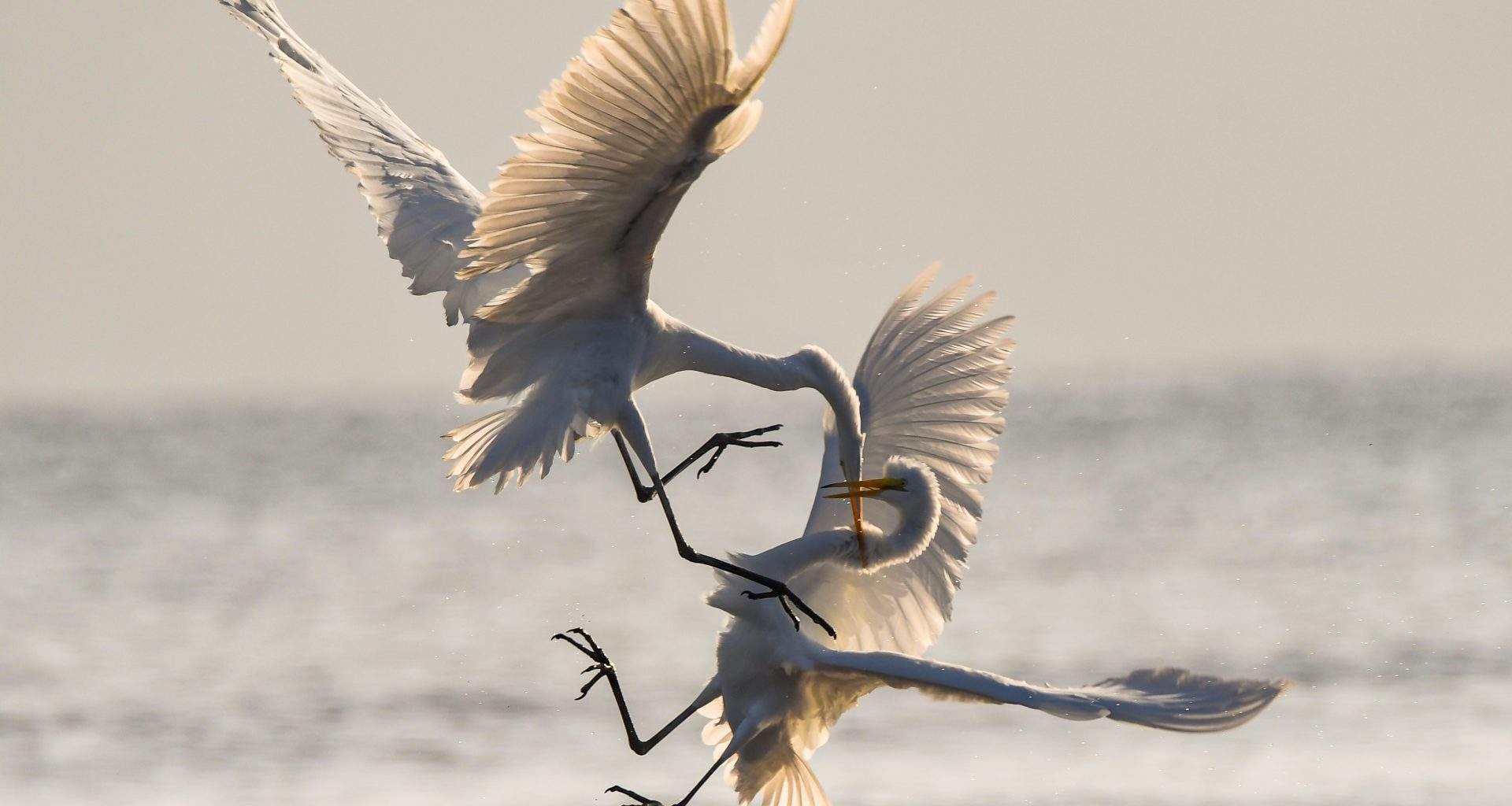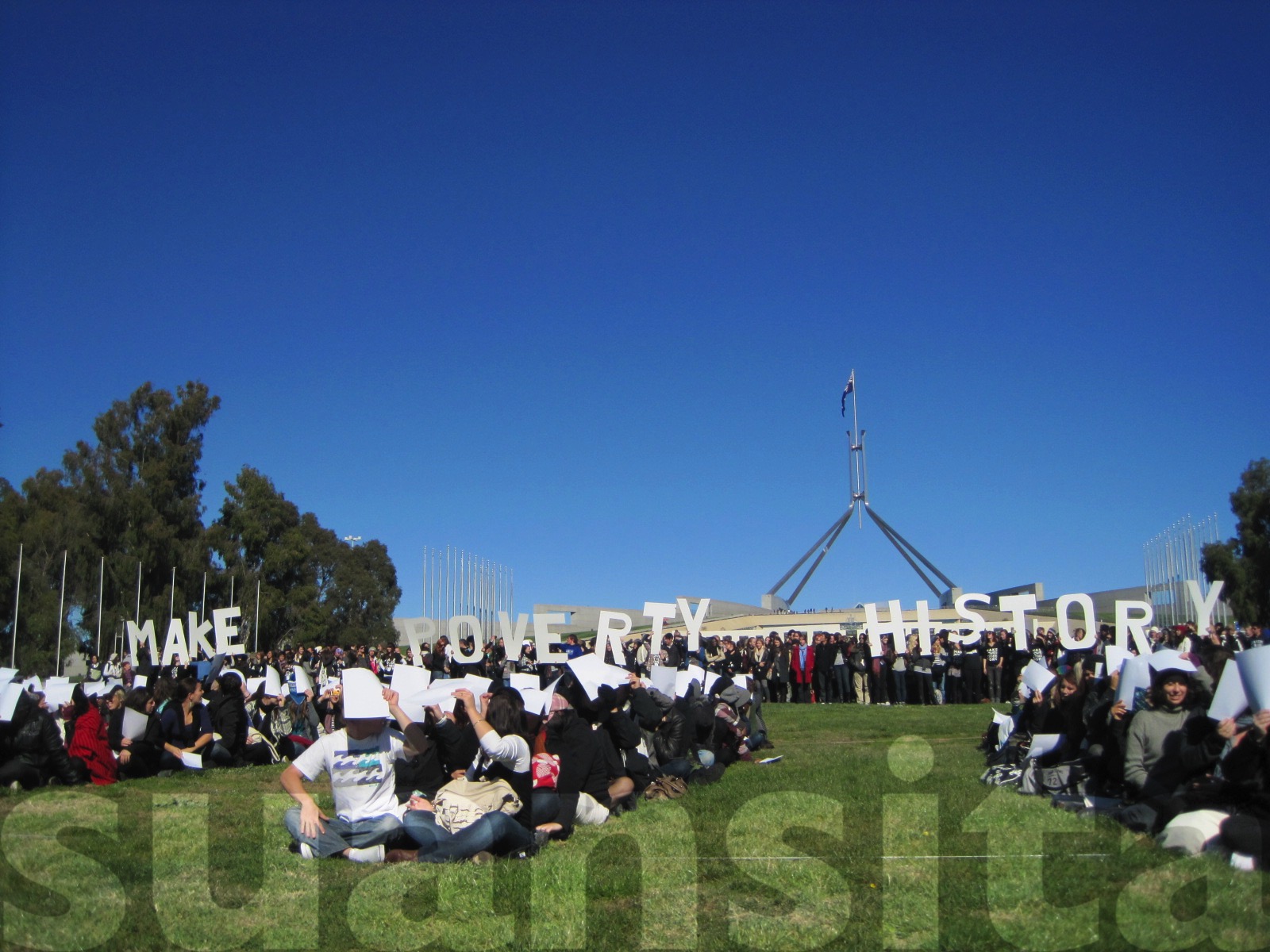Culture clash?
Thankfully, I haven’t really experienced culture clash as such. I think having travelled before has helped me adapt to any new situations so that I don’t “feel” cultural differences so markedly.
That said, there are certain differences that are mildly inconvenient!
- The culture here is much more sexual, even from a young age. One example is the tradition of electing reinas (beauty queens), and that it’s normal and acceptable for guy to leer openly at girls in the street. And yet, many consider that the young people of Gonzanamá are more “innocent”; I guess I can believe it to an extent if looking to pick up girls really is just wanting one date which may or may not involve a kiss.
- Diet. I get asked a lot what I think about Ecuadorian food – it’s pretty good for the most part, I just lament not getting enough greens (though I’m told this varies from household to household).
- Calling someone fat is okay, describing someone as “gordito” or “gordita” is normal. In any English-speaking country it’d be completely inappropriate.
- Hissing is a legitimate means of communication. Guys do it to girls (it’s the equivalent of wolf-whistling), and girls do it too when they want to get someone’s attention (the equivalent of “hey you” or “oi!” perhaps).
- Titles and authority mean a lot. Anyone with a title is referred to by that title – whether it be Licenciado/a (most teachers, essentially you get this title if you’ve studied four years), Doctor/a, Abogado/a (lawyers), Ingeniero (engineers and scientists), Pastor, etc.
- Pushing in is acceptable. Apart from queuing up at the bank, it’s totally legit in any shop to march up to the counter to get served, getting in ahead of whoever’s been waiting.
Language
Having some really helps, the more the better. I am conscious that making friends would’ve been so much more difficult if I didn’t have the level of Spanish that I do have, that my experience at the Colegio would’ve been something else altogether.
It’s been the difference between me fitting in and feeling frustrated about not being able to communicate. Understanding the language has meant things don’t seem alien – they’re different, but not incomprehensible.
Missionaries
I’ve been surprised by the number of comments people have made to me lately about C’s and A’s perspective, that even though they’ve been in Ecuador six and five years and in Gonzanamá five and four years respectively. People essentially still feel they often don’t “get it”. I’m not sure what it means that they are saying this to me, another foreigner, and C and I are from the same country!
From my own observations, I do sense that in spite of their love for and commitment to this community, they are very cynical in a lot of ways, and always talk about Ecuadorian/local culture in comparison to our own Anglo culture, with a tone of cynicism, and dare I say it, judgment. J mentioned to me he felt they were very critical of Ecuadorian culture and that we should be the ones who are open and humble, because we are the foreigners coming into their territory.
I largely agree with him. I admire the way he really got right into the flow of things here, got involved. But at the same time it did seem to me that he embraced it so much he came very close to rejecting and judging foreigners.
So there is definitely a balance to be struck between on the one hand, the fact that you come here as a foreigner, ostensibly to help, and obviously with your own, different ideas, and on the other, recognising that you need to adapt to be accepted and to understand the people you’re trying to serve. One extreme example of the latter is the methodology employed by an international development NGO that works in this region. They embrace local witchcraft as a means of improving health – I mean I totally believe in helping people to help themselves, but that’s really taking it to absurd extremes.
Header image: Chris Sabor, added 2023.


